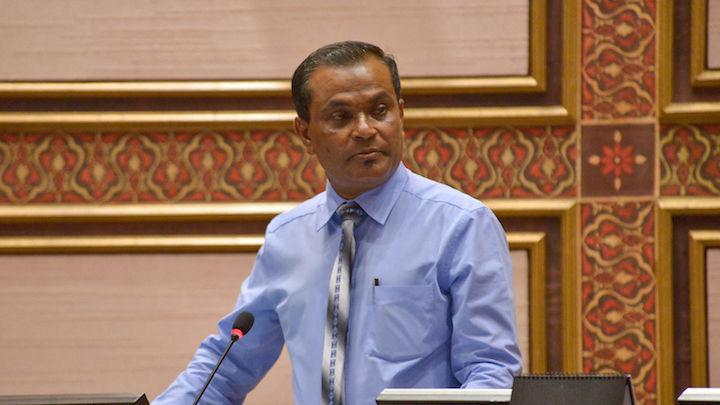Parliament considers five-year terms for local councils
MP Ahmed Amir of the government-aligned Maldives Development Alliance proposed amending the constitution to increase the term of local councils from three to five years.

04 Aug 2016, 09:00
The People’s Majlis accepted for consideration Tuesday a constitutional amendment proposed by a ruling coalition MP to lengthen the term of local councils from three to five years.
MP Ahmed Amir’s proposal was accepted 55-17 with two abstentions and sent to committee for review. A three-quarters majority or 54 votes from the 85-member house will be needed to amend the constitution.
The next local council elections are due to place in early 2017.
Presenting the amendments to parliament, the Maldives Development Alliance lawmaker said the changes will result in substantial savings as three council elections within two presidential terms are too costly for the state.
Become a member
Get full access to our archive and personalise your experience.
Already a member?
Discussion
No comments yet. Be the first to share your thoughts!
No comments yet. Be the first to join the conversation!
Join the Conversation
Sign in to share your thoughts under an alias and take part in the discussion. Independent journalism thrives on open, respectful debate — your voice matters.




